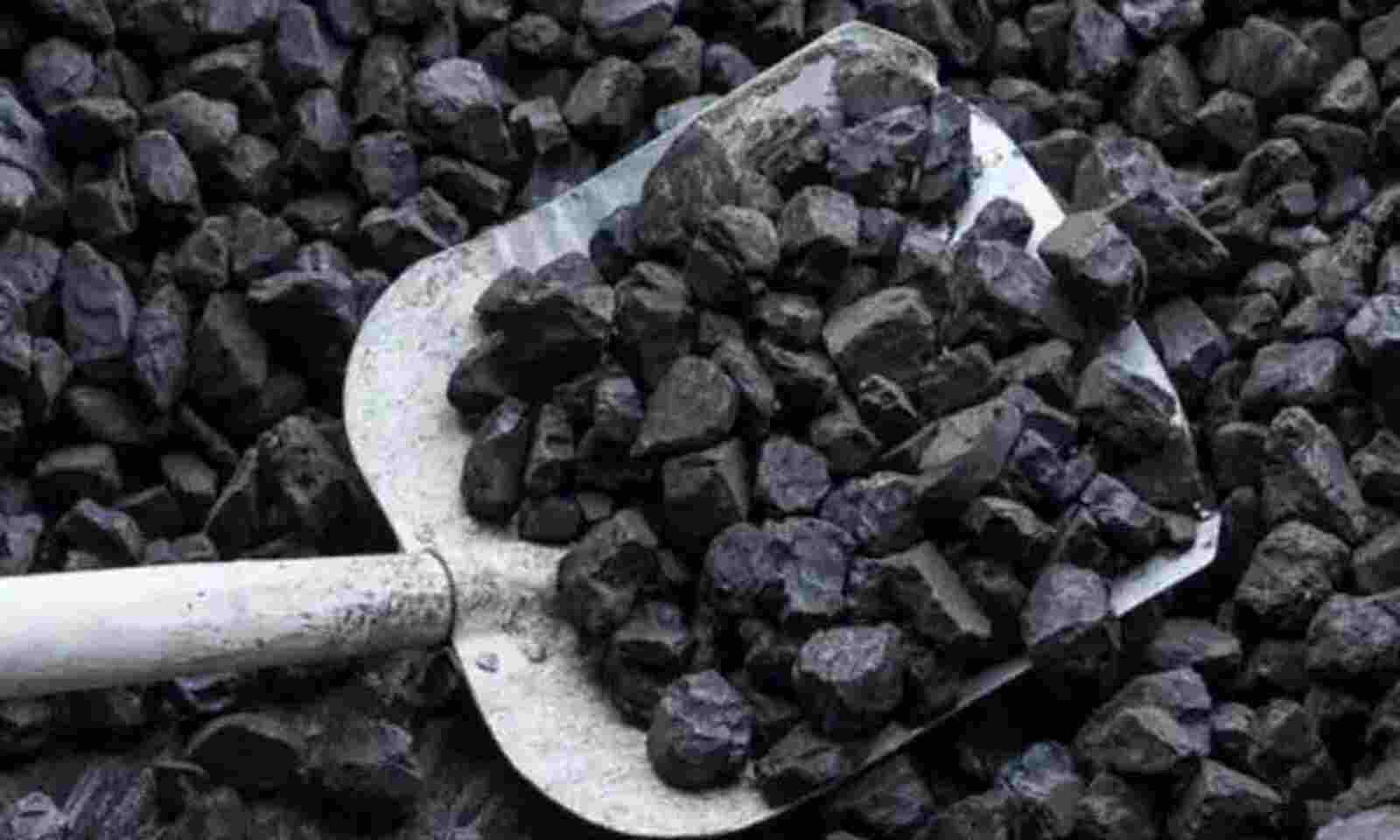India to step up coking coal shipments from Russia -sources

India will step up imports of coking coal, a key material in steel manufacturing, from Russia, as cargoes from top supplier Australia drop and steel mills struggle with rising prices, three government sources and an industry executive said. Steel mills in India, the world’s second-biggest crude steel producer, have struggled with patchy supplies of coking coal from Australia, which normally accounts for more than half of India’s annual imports of around 70 million tonnes. Last month, prices for Australian coking coal jumped 50% to over $350 a metric ton due to factors such as maintenance outages, lower than usual supplies from Queensland and a slower train network.
Earlier this month, Australia assured India of steady supplies of the commodity, two Indian government sources told Reuters. However, India is keen to look beyond Australia and diversify its imports basket, the sources said.Last year, India’s steel mills tried to boost coking coal shipments from Russia. But stringent economic sanctions against Moscow over the war in Ukraine affected Russian coking coal supplies to Indian mills. But, as Indian buyers and Russian suppliers smoothen payment mechanisms, India’s steel mills are set to boost coking coal supplies, the government and industry sources said. Russian coking coal cargoes are already cheaper than Australian supplies, and some Russian suppliers are willing to lower their prices, they said.
“Discounts and rupee payments have helped (Indian) companies to look at Russia as an alternative source,” said one of the government sources who is familiar with the matter. India’s government-backed steel manufacturers Steel Authority of India and Rashtriya Ispat Nigam Ltd have opted for rupee settlement for Russian coking coal, the sources said. “The (rupee) currency is an enabling factor for these companies,” said another government source. SAIL, RINL and the federal steel ministry did not respond to e-mails seeking comment. SAIL is expecting four shipments of 75,000 tons of Russian coking coal each for the quarter ending December, its chairman has said.
In September, Russia’s top lenders Sberbank and VTB said they were improving their ability to convert rupees into roubles, helping exporters to get access to funds effectively trapped in India. The rupee is not fully convertible.
Source: Reuters (Reporting by Neha Arora; Editing by Mayank Bhardwaj and Raju Gopalakrishnan)
- 11/29/2023
- Shipping News

